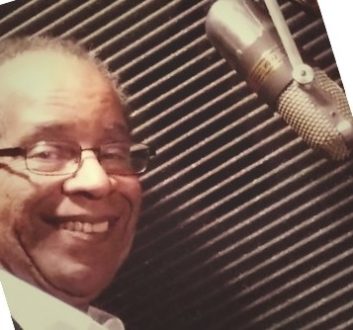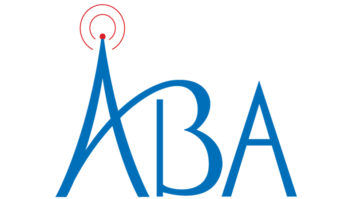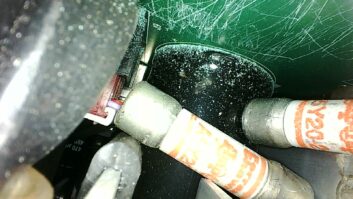 This is Microphone Month at Radio World. Here is one in a series of interviews with people who work in and around radio about the kinds of mics they love and why.
This is Microphone Month at Radio World. Here is one in a series of interviews with people who work in and around radio about the kinds of mics they love and why.
Larry Langford is owner and chief engineer of WGTO(AM/FM) in South Bend, Ind.
Radio World: What is your personal favorite mic on the air?
Larry Langford: I love the RCA 77-DX but let’s be real, who can afford that sweet but expensive and delicate broadcast icon? Aside from it making you feel like a “real broadcaster,” use of such expensive units like that are more emotionally based than technically necessary for great audio!
The more realistic answer? I like the newer cheaper mics, as the FET capsules do a great job for typical on-air voice, and the prices are very reasonable. I like the performance and pricing of the MXL imports, the MXL 770 goes for 80 bucks and the MXL 990 is about a hundred.

RW: How about for remotes and specialty applications?
Langford: For mics that are going outside, I want something that is a bit more rugged and does not need phantom power. The Electro-Voice 635 has always been my omni favorite in the street, and the Shure SM58 for cardioid. You can’t kill them and they are cost-effective.
RW: Tips to share or misconceptions to address?
Langford: I try to teach folks that no radio station ratings have ever been tied to the mic used in the studio.
Years ago some stations went way overboard on studio mics. NBC-owned stations used 77-DXs for all DJ operations, and I know WIND in Chicago used Neumann U 87s for AM announce work!
While certain mics can be tied to certain time periods as the “standard” — EV 666, Sennheiser 421 and EV RE20 —nowadays there are many inexpensive choices that will do very well in podcasts, broadcasts and general voice recording.
My advice: Put money into the mixer and processing. The MXLs are dirt-cheap, sound fine and if you want to change after a couple of years, you can toss them and not feel you have thrown out a piece of gold.
Read more of Radio World’s coverage of microphones.







